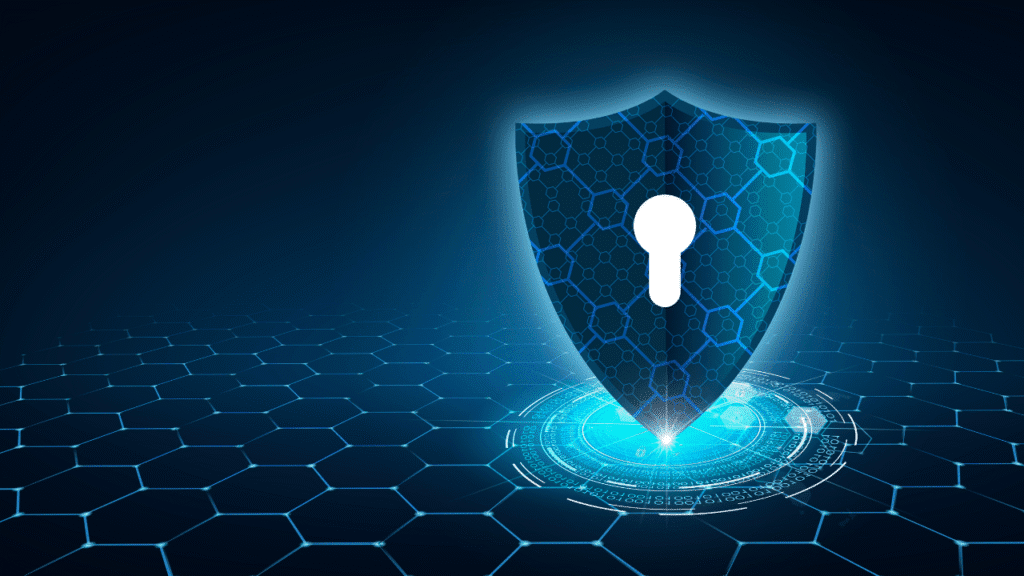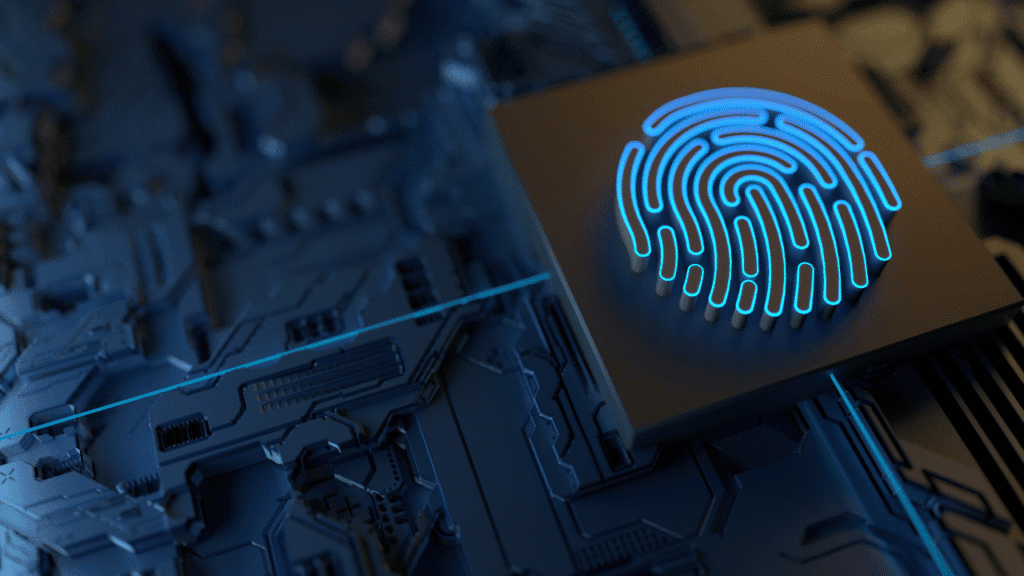Modernization has increased the number of trained cybersecurity professionals due to the increase in cyber threats and their increasing complexities. The most common form of employment is still found in the traditional avenues, whereas freelancing has become an attractive potential career path. This present guide, therefore, discusses the basic ideas regarding the setup and success of freelance cybersecurity professionals in 2025.
Why do Cybersecurity Freelancing?
1. Flexibility and Freedom
Through freelancing, a professional can dictate what project he/she wants to undertake, when to schedule them, and where they would like the work done. This makes it easier for professionals to incorporate a small part of their preference and lifestyle into their careers.
2. Diversity
Freelancers are working with various clients, from a startup to a multinational corporation, encountering various challenges and gaining experience with the work done.
3. Good Salary
Cybersecurity freelancers enjoy relatively good remuneration for the specialized skills they possess. If niche experts in fields such as penetration testing or incident response, they are higher in charging premium rates.
Skills Required for Cybersecurity Freelancing
Technical Expertise
- Network Security: Definition of firewalls, intrusion detection systems, and VPNs.
- Penetration Testing: The act of identifying weaknesses in a system and exploiting those weaknesses to assess that system’s security.
- Incident Response: Effectively respond and recover from breaches.
- Cloud Security: Protecting the infrastructure and its services that are hosted in the cloud. ZipRecruiter.
- Certifications: And that, in reference of that, relevant certifications will only add credibility.
Soft Skills
- Communication: Abstract ideas are broken down into understandable language for non-technical managers.
- Project Management: Create balance for clients and projects without losing your sanity.
- Continuous Learning: Keeping an ear to the ground about ever-evolving threats and technologies.
How to Set Up a Cybersecurity Freelancing Business
- Legal and Administrative Process: Business Structure: Set up the right legal structure for doing business as either a sole proprietorship or a limited liability company.
- Licensing and Insurance: Determine, obtain, and maintain all applicable licenses required for your work, and consider liability insurance to cushion yourself against claims that could arise.
- Contract: Clearly articulate in contracts what work is being done, when it is to be done, and how payment terms would be set.
- Online Presence: Professional Website: A place to present the services the freelancer offers and showcase a single page or more of case studies and testimonials.
- LinkedIn Marketing Profile: Highlighting work experience, skills, and endorsements.
- Portfolio: Showcase past projects and success stories, keeping client information confidential.
Securing Cybersecurity Freelancing Projects
Online Sites
1. Upwork:
Very reputable in connecting freelance contractors to clients wanting cybersecurity services.
2. Toptal:
Platform for elite freelancers, arguably with stricter screening requirements.
3. Freelancer.com:
Very wide site with many types of work.
4. Networking and Referrals
Becoming involved in events, webinars or forums will avail you of networking opportunities. The best referral source usually leads to a great job.
5. Direct Approach
Identify possible clients and pitch them your services, tailoring your pitch to the specific concerns of security at the prospect.
Managing Projects and Client Relationships
Important Issues
- Communications: Update everyone, clarify everyone’s expectations, and respond to inquiries as required.
- Value Addition: Come with solutions that actually worked on grounds of problems the client is dealing with.
- Feedback: Appraising the project from start to finish enables meaningful constructive feedback geared toward improvement and better management of client relationships.
- You Get Educated and Informed: Cybersecurity is always changing. You give yourself to lifelong learning and development, including:
- Free or Grant Online Courses: You can enroll in several online courses provided through sources such as Coursera and Udemy.
- Certification: Earn advanced certifications; thus, you will prove your standing.
- News about Cybersecurity: Continuous reading of journals, magazines, etc. will keep you updated on the current threats and solutions.
Limiting Freelancing in Cybersecurity
1. Building Trust
Have people know about your certifications, using suggested marketing testimonials, reports from case studies, so that they would consider you credible.
2. Workload Management
Time management is everything you need when working on more than one job.
3. Navigating Legalities
Work smart by showing compliance with the law on personal data protection and by signing contracts to counter legal losses.
Conclusion
Freelancing is an ever-changing yet beneficial domain in cybersecurity for individuals in the field who thrive on independence as well as diversity in challenges. The ability to hone one’s technical proficiency with soft skills in personal branding and relationship management will ensure that one’s practice flourishes in this most important domain.
Frequently Ask Questions (FAQ)
1. What Does a Freelance Cybersecurity Professional Do?
Freelance Cybersecurity Professionals are responsible for offering security services either by contract or project basis. It encompasses a wide array of activities like penetration testing, vulnerability assessment, security audits, incident response as well as the security policy or compliance regulations consulting. Freelancers liaise with many clients instead of dealing with only one company.
2.How Do I Get Started To Become A Cybersecurity Freelancer?
The starting step to exercising freelance cybersecurity usually calls for:
Some terrific understanding, and technical skills
Recognized industry certifications ( i.e., CEH, CISSP, CompTIA Security+)
Portfolio or some documented past work
An online presence (LinkedIn, personal website)
Signing up in a freelance marketplace (i.e., Upwork, Freelancer, Toptal):
Client opportunities will come through networking and being very proactive.
3. How Much Money Do Cybersecurity Freelancers Make?
Freelance remuneration varies widely depending on skills, specialty, and market. Average published hourly rates across the board in 2020 were about:
- Entry Level $25-60/hour
- Intermediate $60-120/hour
- Expert $150/hour and above
Some niche-build experts or contractors with government/compliance experience can make more by billing premiums for their specialized services.
4. Can Cybersecurity Freelancing be done remotely?
Yes, a lot can be done about cyber threats, threat analysis, penetration testing, code review, and even consulting themselves, totally from anywhere, but some specific projects would require the freelancer’s presence on-site, mostly during sensitivity around data or systems or in compliance with location-dependent regulations.
5. How to Keep an Affluent Flow of Clients?
Continuity in work with clients comes from: Having credibility and asking for reviews or testimonials Creating a network among cybersecurity communities Development of content or educational resources to help establish authority Retainer-based or long-term services
7. Is it better to Cybersecurity Freelancing or work for a company?
It varies per your objective. Freelancing involves flexibility, variety, and potential for greater earnings, but pays off reasonably with its income instability, self-employment taxes, and business logistics to put in order. By full-time employment, you get stability, benefits, and relatively minimal overhead.
8.Do Cybersecurity Freelancing experts need a bachelor’s degree?
No. Not by strict definition, but almost all successful freelance careers in cybersecurity are built on certifications, self-studying, experience, and hands-on projects. However, a degree in computer science, information technology, or cybersecurity would perhaps be regarded with some credence.
9. Will I require a business license or insurance in Cybersecurity Freelancing?
This will differ depending on your locality. In most countries, however, you will want to register as a sole trader, LLC, etc. Such things as Cyber liability or Professional indemnity insurances may cover the different risks of client contract disputes or claims.
10. What are some of the major challenges facing in Cybersecurity Freelancing?
Some of them are:
- Finding clients, and then managing to keep them
- Managing all projects with deadlines
- Keeping up with new threats and technologies
- Safeguarding the confidentiality of client data and being able to ensure it.



